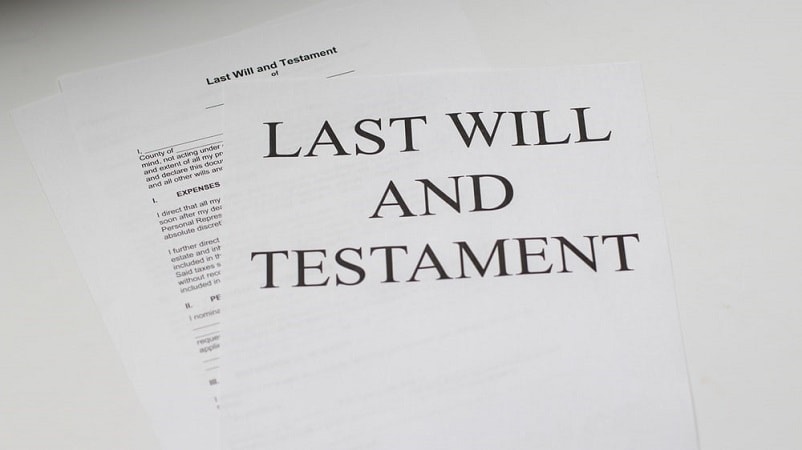When a family member or loved one passes away, settling their estate can be an extremely emotional and difficult process. Serving as the executor of the deceased’s estate can be a lot of work. Navigating probate, filing paperwork and meeting deadlines, distributing assets, paying off debts, and closing the estate can be a daunting task. But with an Ohio estate administration checklist, it can be a little easier to understand the process.
-
Determine if probate is needed
Under Ohio state law, probate is required to transfer assets in a decedent’s estates to heirs or beneficiaries, but for a few exceptions. This first part of the Ohio estate administration checklist is very important. These are some of few exceptions:
- The estate asset is held in a trust
- The asset are held “jointly with rights of survivorship,” meaning ownership will pass automatically to the surviving owner
- The assets are subject to beneficiary designation, payable upon death — including some insurance policies and retirement plans
-
Find an estate administration attorney
If any estate assets are passing through probate, an estate administration attorney is almost always necessary. This part of the Ohio estate administration checklist will also determine how attorney fees will be calculated. Remember that generally, attorney fees and costs are paid from assets of the probate estate, and they are not paid until the end of the administration and with review and approval of the probate court. Schedule a consultation with The Obenour Legal Group today for additional information.
-
File the will, death certificate, and estate administration pleadings
If there is a Last Will and Testament, the original must be filed along with the death certificate of the deceased and the pleadings required by the probate court.
-
Locate and manage the assets, wrap up final transactions
As an executor of an estate, this can be the most challenging part. In order to start managing the assets, you first have to locate them and make an estate inventory. You must have an estate bank account with its own Tax ID number from the IRS and hold estate assets in that account. You will determine whether a final income tax return for the decedent or an income tax return for the estate. You may also need to make tax elections and decide how qualified plans will be disbursed and taxed.
This is also the step where any debts or outstanding payments against the estate are determined and maybe paid. In this part of the Ohio estate administration checklist, it is now the executor’s duty to determine the validity of any claims for money owed. It is always best to consult with competent counsel before paying any estate debts – some of them may not be proper or timely.
-
Make disbursements and close the estate
Once everything is said and done, the assets are distributed and all debts and expenses are paid, the estate must be closed. A detailed accounting of receipts and disbursements must be filed and approved the court will dismiss you from responsibilities and duties as an executor.
Contact The Obenour Legal Group for expert legal guidance from estate administration attorney Abbie Obenour. As a respected and experienced attorney, Abbie Obenour will be able to help estate administrators and executors navigate the complicated process of probate and check off each item on the Ohio estate administration checklist. Schedule a consultation today.

